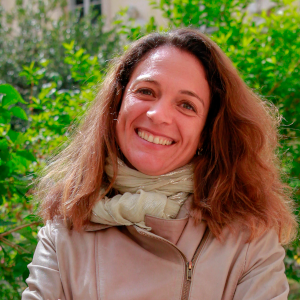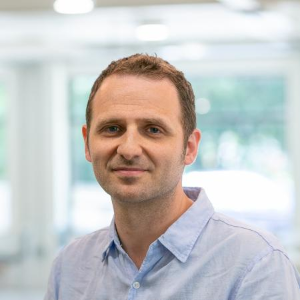|
|
|
|
About Evolutionary genomics and population genetics investigate patterns of genetic diversity between species or between populations within a species and play a fundamental role in many aspects, from theoretical facets of evolution to practical ones, such as conservation genetics and biomedical sciences. Methodologies have always been a strong interest of the community, from the development of mathematical models to the design of statistical inference tools, leading to numerous biological discoveries. These developments helped to adapt very quickly to the continuous influx of data, which has not only dramatically increased in quantity but also keeps changing in terms of quality and type. Among the methodological frameworks, machine learning has emerged as a promising way of analysing large and complex datasets. The application of AI, and particularly deep learning, to evolutionary genomics is still in its infancy while showing promising initial results. It is currently applied to a variety of tasks, such as the inference of demographic history, ancestry, natural selection, phylogeny, species delimitation and diversification. However, machine learning methods in evolutionary genomics and population genetics face unique challenges, including identifying appropriate assumptions about the evolutionary process and how to simulate it, and identifying the best ways to handle sequences, sequence alignments, phylogenetic trees, or additional information, such as geographical maps, temporal labels and environmental covariates. Overcoming these challenges requires a collaborative effort. The goal of this conference is to foster this effort by allowing interested researchers to meet and share their work.
Keynotes
The full program is available here. Organizers
Call for abstracts We welcome abstracts of up to 300 words for presentations and posters. Submission link. Important dates Abstract submission deadline for oral presentations: February 21st, 2024 [closed] Decision for oral presentations: March 10th, 2024 Abstract submission deadline for posters: April 1st, 2024 [closed] Decision for posters: April 8th, 2024 Registration Deadline: April 15th, 2024 until 23:59 Central European Time [closed] Interested participants are welcome to register and just attend the conference without presenting or submitting abstracts, however they will have to pay for accommodation on their own. Registration Fee Payment Deadline: April 30th, 2024 Payments via credit card is possible at https://hera.forth.gr/e-pay/registration.php. Alternatively, you can pay via IBAN transfer - please send an email to the organizers for receiving the account data as we will not post them here. Conference: May 13-15th, 2024 Code of conduct (freely adapted from NeurIPS and ICML) The LEGEND conference aim at gathering the international community in Our objective is that anyone interested by these events can attend Any witness or victim of such incidents or any other non-professional Funding This workshop is co-funded by:
|






